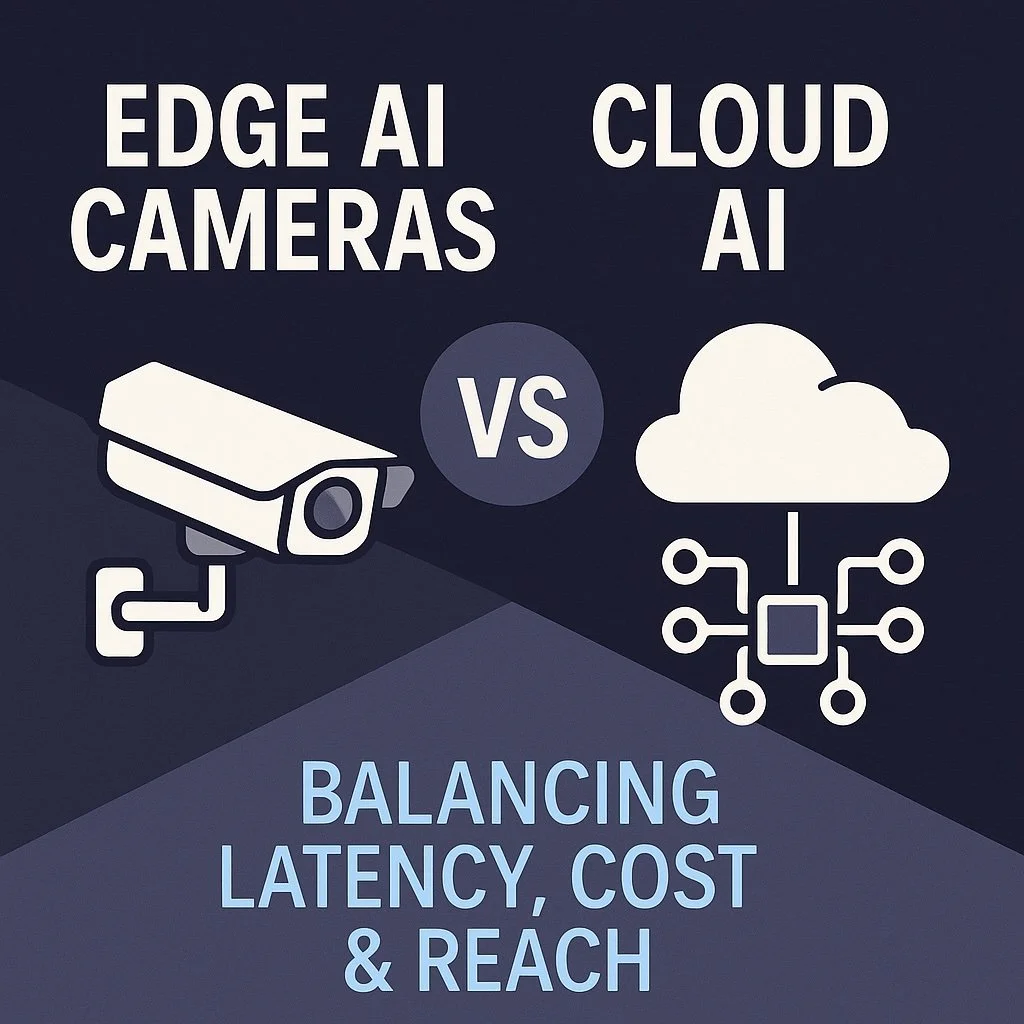
Edge AI Cameras vs Cloud: Balancing Latency, Cost & Reach
As AI becomes deeply embedded in everyday business operations, the debate between edge AI cameras and cloud-based processing is no longer limited to IT teams — it’s a strategic choice for the entire leadership. This post explores how to balance latency, cost, compliance, and scalability in real-world scenarios, offering C-level executives a clear framework for navigating AI deployment. Discover why hybrid architectures are emerging as the dominant model and how ready-to-use APIs for image labeling, OCR, logo recognition, and anonymization can accelerate your roadmap while controlling costs.
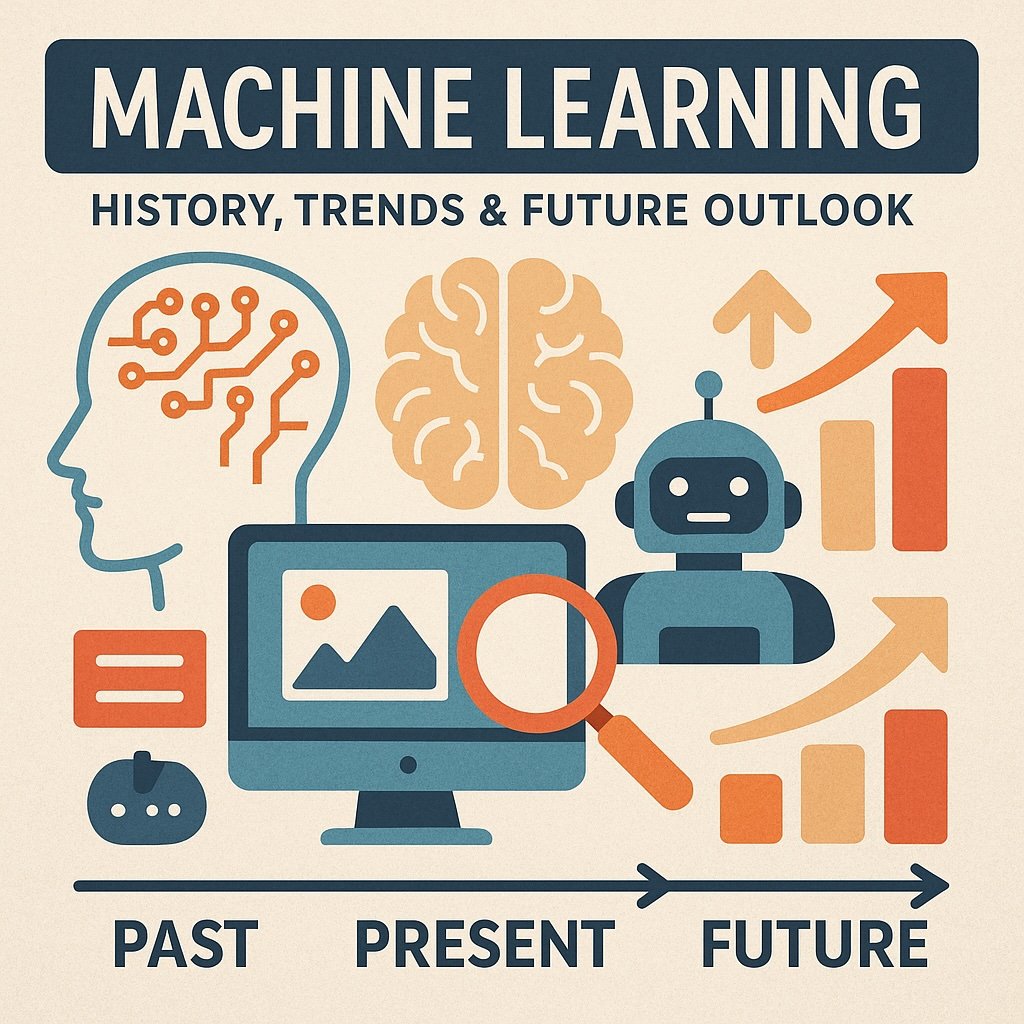
Machine Learning: History, Trends & Future Outlook
Machine learning has transformed from a niche academic field into a practical tool that powers everyday technologies — especially in image processing. From OCR and object detection to face recognition and visual content moderation, ML-driven vision APIs are helping businesses streamline operations, enhance user experiences, and meet regulatory demands. This blog post explores the history of machine learning, key trends shaping 2025, and how companies can strategically use pre-built APIs or invest in custom solutions to stay ahead. Whether you're just starting or scaling your AI capabilities, understanding this evolving landscape is key to making smarter decisions.

Off-the-Shelf vs Bespoke: The Total Cost of Ownership Showdown
Off-the-shelf AI APIs offer instant results and zero setup — perfect for fast-moving teams. But as usage scales, costs and limitations can creep in. This post breaks down the real total cost of ownership (TCO) for both plug-and-play APIs and custom-built computer vision solutions. From hidden dev-ops expenses to compliance hurdles and breakeven calculations, we provide a clear framework to help you decide when to rent, when to build and how to future-proof your AI strategy.

Build vs Buy: Selecting the Right Image API in 2025
In today’s AI-driven landscape, image recognition has become a core requirement across industries — from e-commerce and finance to security and social platforms. As 2025 pushes the boundaries of visual intelligence even further, one question continues to challenge technical leaders: should you build your own computer vision pipeline or buy an off-the-shelf API?
This blog post provides a deep, structured look into the Build vs Buy decision. We break down the total cost of ownership (TCO), model accuracy, speed to deployment, scalability, compliance and vendor risks — offering a clear decision matrix that CTOs and product leaders can use to choose the best approach for their unique context. Whether you’re launching a new feature, scaling your infrastructure or looking to future-proof your image processing capabilities, this guide offers strategic insights, real-world benchmarks and practical tools. Learn how modern teams are combining cloud APIs and custom vision models to balance speed, cost and control — and how you can do the same.

CNN Fundamentals: Powering Modern Vision Tasks
Convolutional Neural Networks (CNNs) are the driving force behind many of the visual technologies we rely on every day — from unlocking our phones with facial recognition to enabling autonomous vehicles to understand their surroundings. But how do these networks actually work? In this beginner-friendly deep dive, we break down the core building blocks of CNNs, including convolutional layers, kernels, pooling, and activation functions. You'll learn how modern architectures like ResNet have overcome critical challenges to power advanced vision systems used in industries like retail, automotive, security and marketing. We’ll also explore real-world applications — such as OCR, background removal, logo detection and content moderation — and walk you through your options for training models, using pre-trained networks or deploying ready-to-use APIs. Whether you're just starting with deep learning or exploring how to bring AI vision into your product, this guide provides the clarity and insights you need to move forward with confidence.

Game Industry and AI: How Computer Vision Is Shaping the Future of Gaming
Computer vision is rapidly emerging as a cornerstone of modern game development, offering game creators powerful new tools to enhance interactivity, personalization and immersion. From real-time facial recognition and gesture tracking to object detection and scene understanding, computer vision allows games to "see" and respond to the physical world in real time. This blog post explores the most impactful trends and use cases — such as dynamic avatar creation, immersive AR/VR gameplay, intelligent content moderation and brand-integrated monetization strategies — that are redefining the player experience. It also outlines the technical roadmap for implementation, highlights ethical considerations like data privacy and examines the benefits of both ready-to-use APIs and fully custom AI solutions. Whether you're building a mobile AR game, a VR simulation or a cross-platform metaverse experience, understanding and adopting computer vision technology is key to staying competitive and future-ready in the evolving gaming landscape.
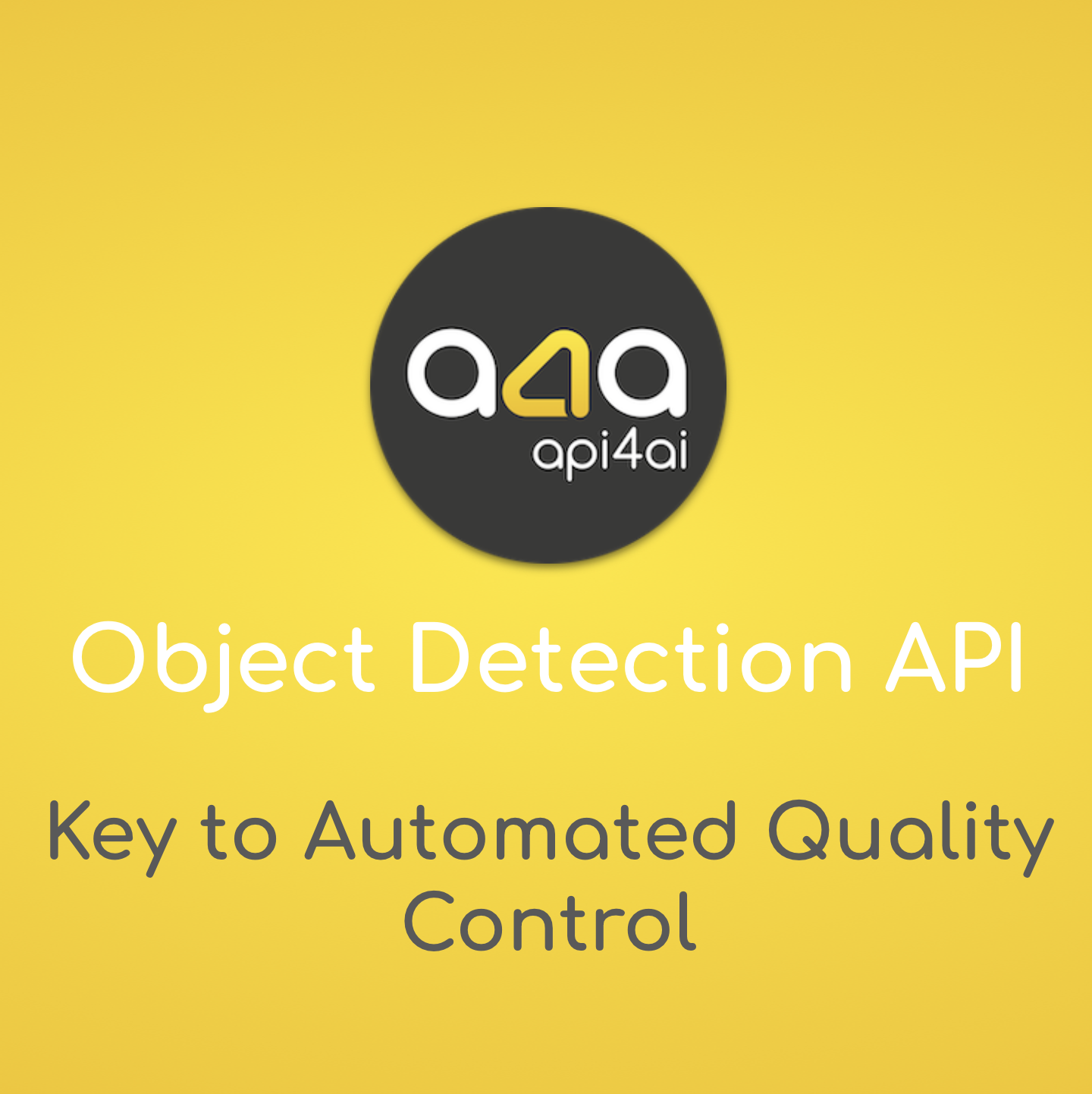
AI Object Detection API: Key to Automated Quality Control
In today’s fast-paced manufacturing environment, maintaining consistent product quality is more critical — and more challenging — than ever. AI-powered object detection is emerging as a powerful solution, enabling real-time identification of defects, reducing human error and streamlining quality control processes across industries. This blog post explores how manufacturers in sectors like electronics, automotive and food and beverage are using automated visual inspection to boost accuracy, scalability and efficiency. Learn about the key benefits, real-world applications and best practices for implementing object detection systems and discover how embracing AI today can lead to long-term profitability, reduced waste and stronger brand trust. Whether through ready-to-use APIs or custom computer vision solutions, the future of manufacturing quality control is here — and it’s intelligent, adaptable and automated.

Top Industries Benefiting from Automated Image Anonymization
Visual data is both a powerful resource and a significant liability. Across industries — from healthcare and retail to automotive and financial services — protecting individuals' privacy within imagery is not just ethical but also legally mandatory. Automated image anonymization, powered by cutting-edge AI solutions, offers a robust and efficient way to address these challenges. Healthcare providers rely on these tools to comply with stringent regulations like HIPAA, safeguarding patient identities in medical imaging. Retailers enhance customer trust by anonymizing in-store video analytics and online shopper data. Meanwhile, automotive leaders leverage anonymization to secure personal information collected by smart vehicle cameras. With such widespread adoption and proven efficacy, AI-powered image anonymization APIs represent a transformative shift, helping businesses secure sensitive visual data effortlessly and effectively. Discover how automated anonymization is redefining privacy standards — and how your industry can benefit from these innovative solutions.

Cloud APIs: Key Benefits and Challenges for Online Businesses
Cloud APIs have rapidly emerged as vital tools powering online businesses by enabling faster innovation, lower costs and improved scalability. However, adopting them isn't without its challenges, including integration complexities, security risks and potential vendor lock-in. This article explores the significant benefits of cloud APIs, addresses common adoption hurdles, highlights the strategic value of custom API development and discusses emerging trends that are shaping the future of cloud-driven business.

How to Maximize AI Benefits for Your Business Without Large Investments
Artificial intelligence is transforming businesses, but many companies hesitate to adopt it due to concerns about high costs and complexity. The good news is that AI no longer requires massive investments — cloud-based AI APIs offer an affordable, scalable way to integrate powerful AI features without upfront development costs.
In this guide, we explore how businesses can start small with pay-as-you-go AI APIs, test their impact, and scale up only if it makes financial sense. From automating image processing and document management to leveraging AI for industry-specific applications, we highlight practical use cases that provide immediate ROI.
For companies that outgrow pre-built AI solutions, transitioning to custom AI development can offer greater control, cost efficiency, and competitive advantages in the long run. We discuss when and why a custom AI solution makes sense and share expert tips for ensuring a smooth migration from cloud APIs to a tailored AI model.
Whether you’re new to AI or looking to optimize your existing AI strategy, this guide provides actionable insights on maximizing AI benefits without large investments. Start small, scale smart, and unlock the full potential of AI for your business.

Off-the-Shelf AI Cloud APIs for Enterprise Businesses: Pros & Cons
AI is transforming enterprise operations, offering automation, efficiency, and scalability like never before. Businesses today have two primary options for integrating AI into their workflows: off-the-shelf AI APIs or custom AI development. While ready-made AI APIs provide instant access to advanced AI capabilities such as OCR, object detection, background removal, and facial recognition, they also come with limitations in customization, cost scaling, and data privacy.
This blog post explores the advantages and drawbacks of off-the-shelf AI APIs, helping enterprises determine whether they should rely on pre-built AI models or invest in custom AI development. We discuss key factors such as cost efficiency, scalability, security concerns, and long-term sustainability, providing a strategic framework for businesses looking to maximize the benefits of AI while minimizing risks.
Choosing the right AI approach is crucial for driving efficiency, reducing operational costs, and staying ahead of the competition. Whether leveraging cloud-based AI APIs for quick integration or developing tailored AI solutions for specialized needs, enterprises must carefully evaluate their AI strategy to ensure long-term success.
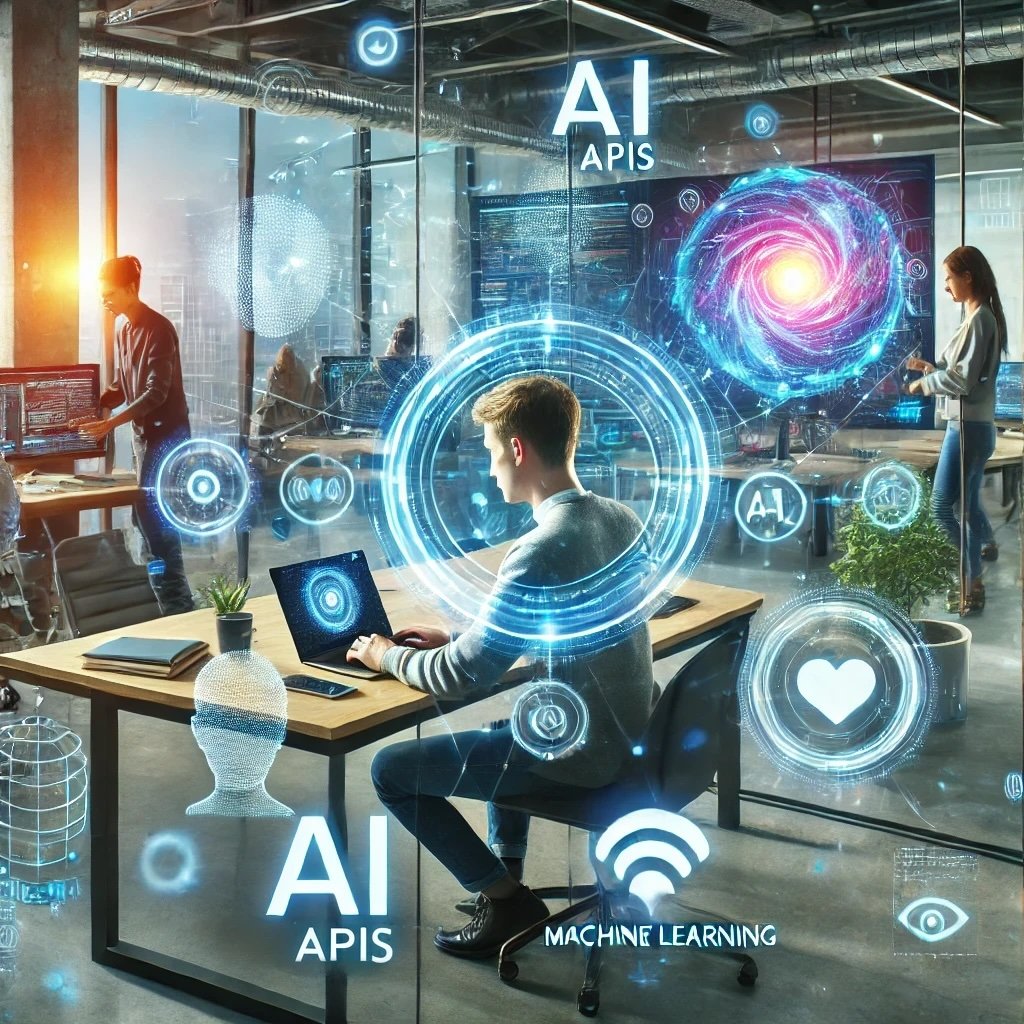
Off-the-Shelf AI APIs: The Winning Strategy for Startups
Artificial intelligence has become a game-changer for startups, offering powerful tools to automate tasks, enhance user experiences and drive innovation. However, building AI solutions from scratch can be expensive, time-consuming and technically complex — challenges that most early-stage companies can’t afford. This is where off-the-shelf AI APIs come in.
Pre-built AI solutions allow startups to integrate advanced capabilities like optical character recognition (OCR), background removal, object detection, brand recognition and image anonymization without the need for specialized expertise. These APIs reduce development costs, accelerate time-to-market and provide scalable solutions that grow with the business.
In this blog post, we explore the key benefits of AI APIs, practical use cases across various industries and strategies for seamless implementation. We also discuss when custom AI development makes sense and how startups can balance pre-built solutions with tailored models to gain a competitive advantage. Whether you're looking to automate processes, improve product offerings or enhance customer engagement, leveraging AI APIs can help turn your startup’s vision into reality — faster and more efficiently than ever before.

Read This Before You Start Building an In-House AI Team
Thinking about building an in-house AI team? It’s a tempting idea — after all, having your own AI experts can give your business a competitive edge. But before you dive in, it’s important to understand the full picture. Developing AI solutions isn’t like traditional software projects. It requires ongoing experimentation, high-quality data and specialized talent that’s both hard to find and expensive to retain.
In this blog post, we’ll explore the key considerations for building an AI team, from budgeting and timelines to managing expectations. We’ll also discuss when it makes sense to leverage external expertise, such as pre-trained AI APIs or custom AI solutions, to accelerate innovation and reduce risks. Whether you’re a business leader or a tech enthusiast, this guide will help you make an informed decision about your AI strategy.
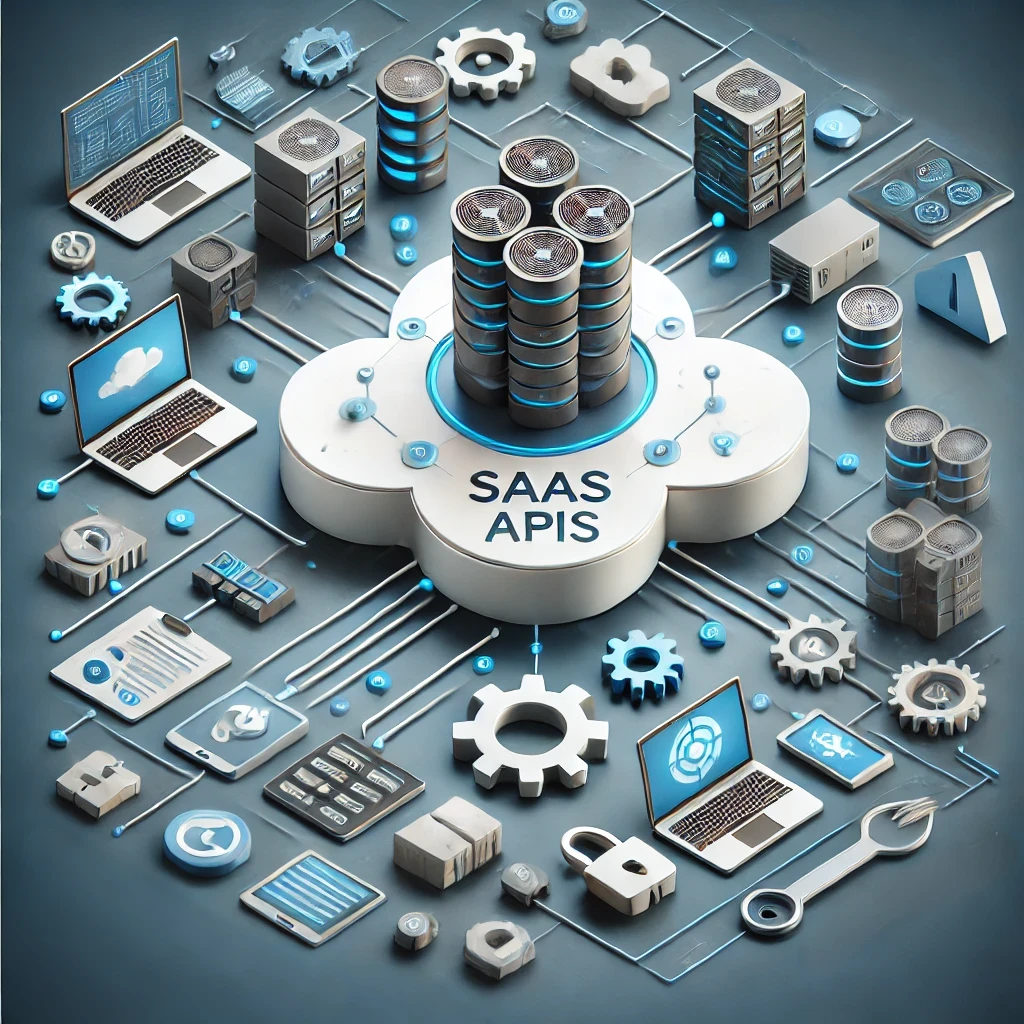
SaaS APIs: Pros and Cons in Modern Software Development
SaaS APIs are transforming the way businesses build applications, offering powerful ready-to-use features like AI-driven image recognition, OCR and data extraction. These cloud-based solutions help companies accelerate development, reduce costs and scale efficiently. However, navigating potential challenges — such as security risks, vendor lock-in and integration complexity — is crucial for long-term success. In this article, we explore the key benefits, real-world use cases and emerging trends in SaaS APIs, along with best practices to ensure your business stays ahead in the ever-evolving tech landscape.
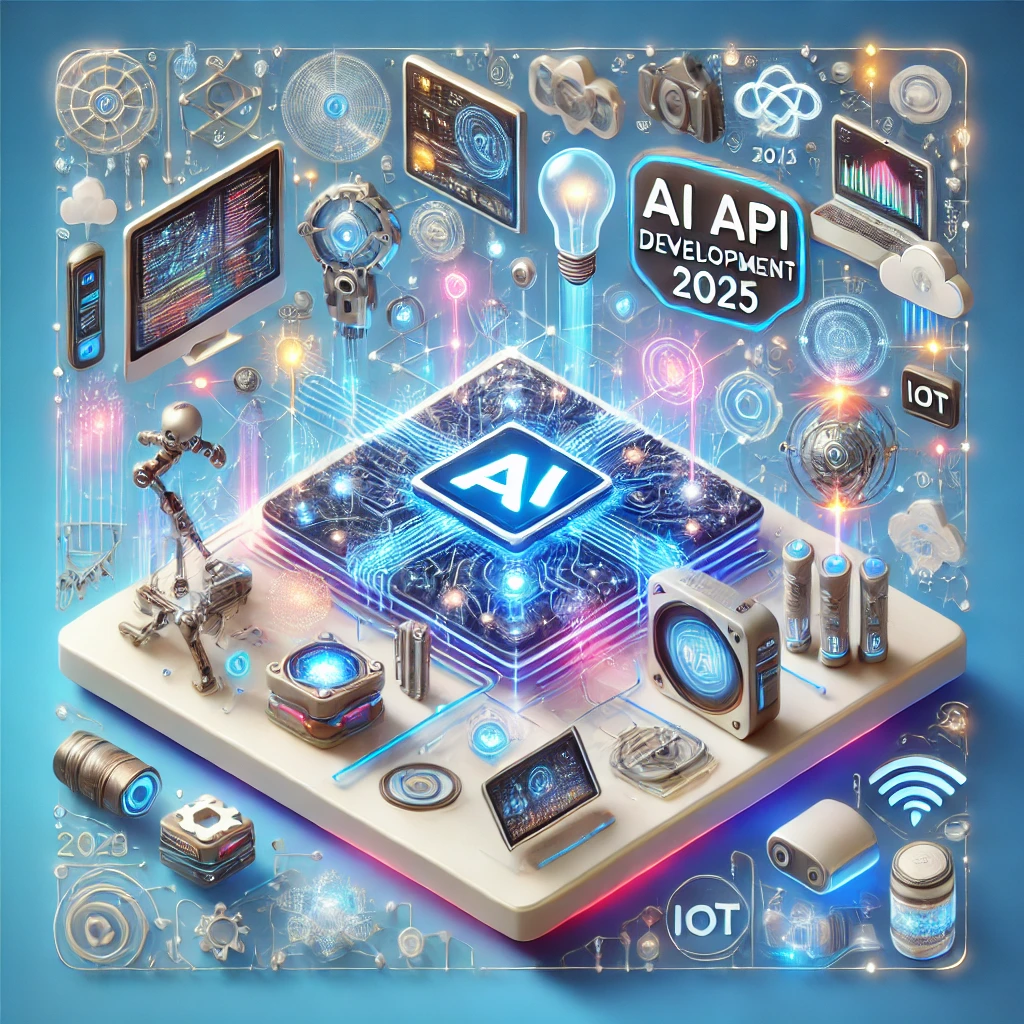
Top 5 AI API Development Trends for 2025
The world of AI APIs is rapidly evolving, offering businesses unprecedented opportunities to streamline operations, enhance efficiency and stay competitive. In 2025, the top trends — multi-task AI APIs, real-time processing, customized solutions, privacy-first designs and sustainable development — are set to redefine how industries leverage artificial intelligence. Discover how these innovations can transform your business and explore API4AI’s cutting-edge services, from ready-to-use tools to bespoke solutions tailored to your unique needs. Embrace the future of AI APIs and unlock new possibilities for growth and success.
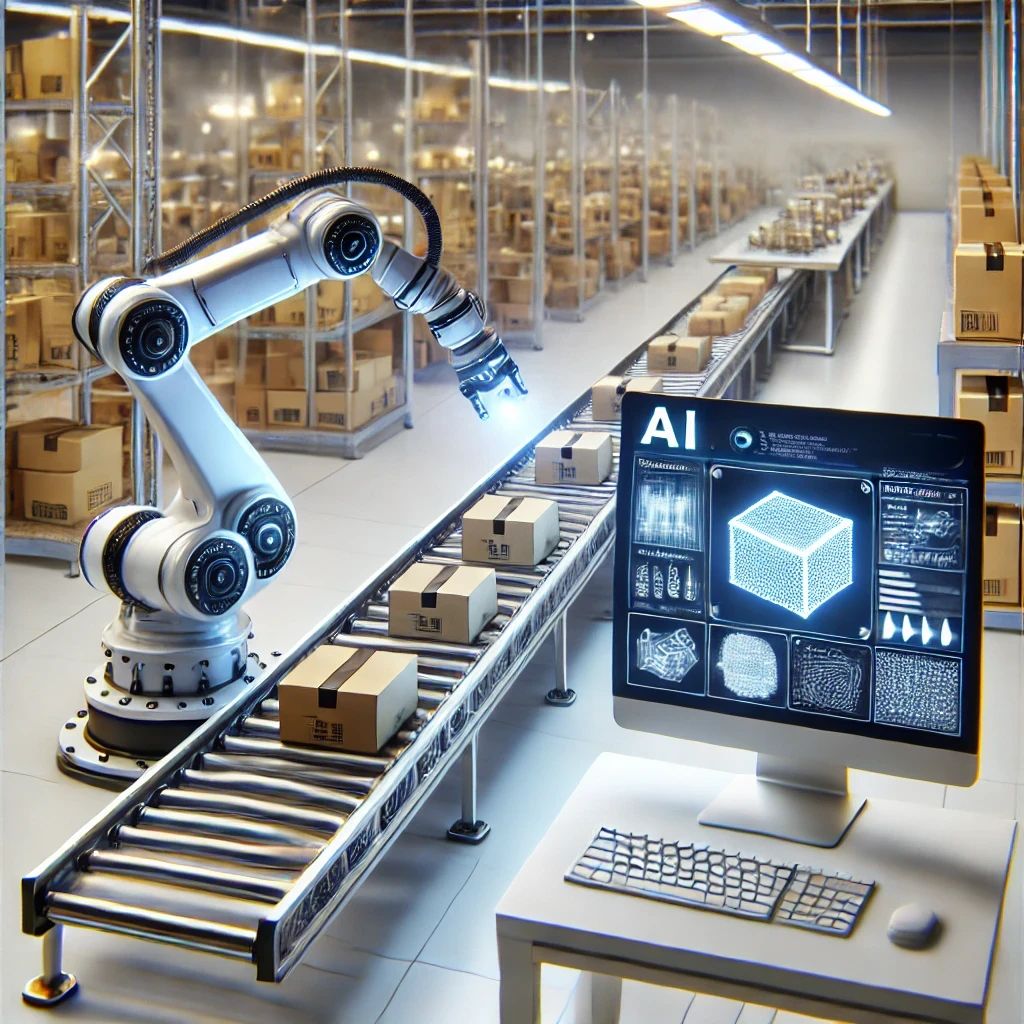
Quality Control 2.0: Detect Defects Faster with Deep Learning Models
Quality control is entering a new era with the power of deep learning. Traditional inspection methods, limited by human error and inefficiency, are being replaced by AI-driven manufacturing solutions that deliver unparalleled speed, precision and scalability. From detecting micro-defects in electronics to automating label inspections in pharmaceuticals, defect detection automation is transforming industries. Explore how deep learning revolutionizes quality control, its applications across sectors and why adopting AI-powered solutions is key to staying competitive in today’s fast-paced manufacturing world. The future of quality control is here — are you ready to embrace it?

AI API Trends for 2025: Image Processing and Computer Vision
The future of image processing and computer vision is brimming with potential, driven by advancements in AI-powered solutions like real-time processing, video stream analysis and hybrid edge-cloud models. These innovations are transforming industries — from e-commerce and healthcare to retail and automotive — by enhancing efficiency, accuracy and scalability. As businesses face growing demands, leveraging cutting-edge AI API advancements is key to staying competitive and unlocking new opportunities. Discover how these technologies can future-proof your operations and drive success in 2025 and beyond.

NSFW Recognition API: The Ultimate Solution for Broadcasters
In today’s fast-paced broadcasting landscape, ensuring a safe and compliant platform is more critical than ever. The rise of live streaming, OTT platforms and user-generated content has made reliable NSFW detection essential for protecting audiences and maintaining brand trust. API4AI’s NSFW Recognition API offers broadcasters a powerful solution to simplify content moderation, enhance regulatory compliance and deliver a seamless viewer experience. With advanced AI capabilities, real-time performance and custom development options, it’s the ultimate tool to future-proof your broadcasting workflows. Explore how API4AI can transform your moderation strategy today.

Using AI APIs for PPE Monitoring in Construction: Enhancing Safety and Compliance
Ensuring safety on construction sites is critical, but traditional methods of monitoring Personal Protective Equipment (PPE) compliance often fall short. AI-powered APIs are revolutionizing the way construction companies approach safety by automating PPE detection in real-time, enhancing accuracy and reducing human error. These advanced solutions not only ensure regulatory compliance but also provide actionable insights for continuous improvement, all while saving time and costs. Discover how leveraging AI can transform your construction safety protocols and protect what matters most — your workforce.

Enhancing Employee Safety in Industrial Worksites with AI-Powered APIs
AI-powered APIs are revolutionizing safety in industrial worksites, enabling companies to adopt a proactive approach to employee protection. By leveraging real-time monitoring, automated hazard detection and seamless compliance tracking, these tools transform traditional safety protocols into intelligent, responsive systems. From identifying potential risks with object detection to safeguarding privacy through image anonymization, AI-driven solutions create safer, more efficient environments. As industries face increasing safety demands, integrating AI-powered APIs offers a powerful, adaptable way to enhance worksite safety and foster a culture of well-being.
